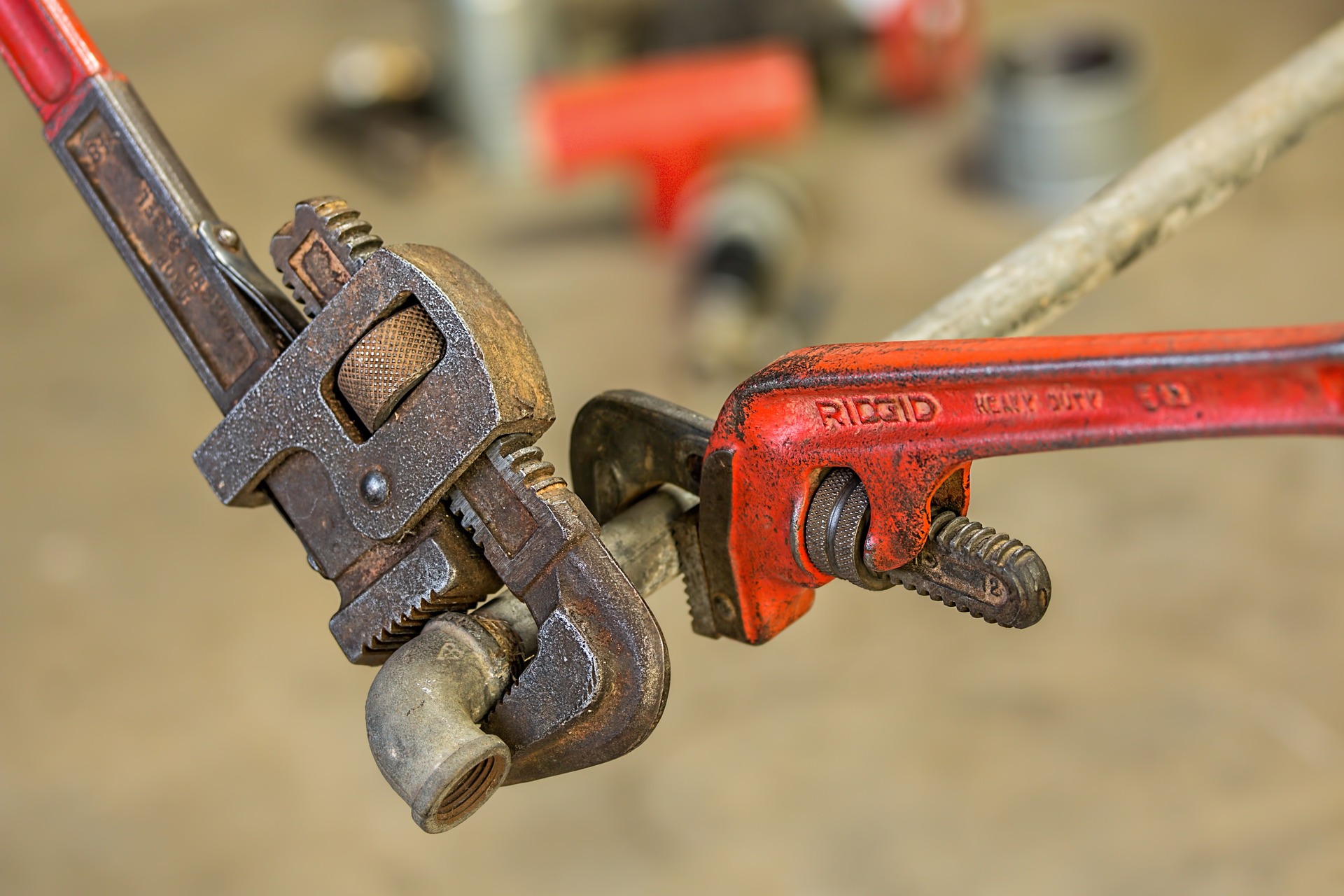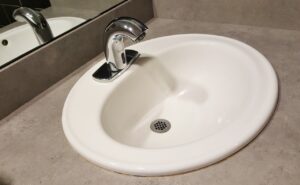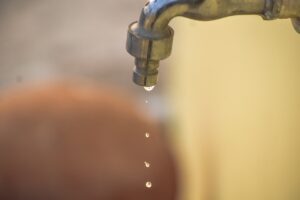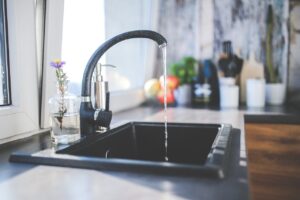Common Plumbing Problems Every Homeowner Should Know About

Do you ever feel like your home is out to get you? Well, it might not be personal, but when it comes to plumbing problems, your house can certainly give you a run for your money. From clogged drains that refuse to budge to leaky faucets that keep you up at night with their incessant dripping, these common plumbing issues can turn any homeowner’s day upside down. But fear not. In this blog post, we’ll dive into the most frustrating plumbing problems every homeowner should know about and how to tackle them head-on. So grab a plunger, and let’s jump right in.
Clogged Drains
 Clogged drains are the bane of every homeowner’s existence. One minute, your sink is happily draining away, and the next, it’s backing up with water that just won’t go down. It’s enough to make you want to pull your hair out. But fear not; there are ways to unclog those stubborn drains without calling a plumber (although sometimes that might be necessary). One simple trick is using a plunger designed explicitly for sinks or showers. Position it over the drain and give it a few vigorous pumps. The pressure created should dislodge whatever is causing the clog.
Clogged drains are the bane of every homeowner’s existence. One minute, your sink is happily draining away, and the next, it’s backing up with water that just won’t go down. It’s enough to make you want to pull your hair out. But fear not; there are ways to unclog those stubborn drains without calling a plumber (although sometimes that might be necessary). One simple trick is using a plunger designed explicitly for sinks or showers. Position it over the drain and give it a few vigorous pumps. The pressure created should dislodge whatever is causing the clog.
Leaky Faucets
 The most common plumbing problem that homeowners face is surely a leaky faucet. Not only can this issue be annoying with its constant dripping sound, but it can also lead to wasted water and increased utility bills. There are several reasons why faucets may start leaking. It could be due to worn-out O-rings or seals, a faulty valve or cartridge, or even mineral buildup in the aerator. Regardless of the cause, addressing a leaky faucet should be a priority to prevent further damage and conserve water. Fixing a leaky faucet can range from simple DIY repairs to more complex tasks that require professional help.
The most common plumbing problem that homeowners face is surely a leaky faucet. Not only can this issue be annoying with its constant dripping sound, but it can also lead to wasted water and increased utility bills. There are several reasons why faucets may start leaking. It could be due to worn-out O-rings or seals, a faulty valve or cartridge, or even mineral buildup in the aerator. Regardless of the cause, addressing a leaky faucet should be a priority to prevent further damage and conserve water. Fixing a leaky faucet can range from simple DIY repairs to more complex tasks that require professional help.
Low Water Pressure
 Low water pressure is a common plumbing problem that many homeowners face. It can be frustrating when you turn on the faucet, and only a trickle of water comes out. There are several reasons why you may have low water pressure in your home. One possible cause of low water pressure is a clogged or blocked pipe. Over time, mineral deposits, debris, and other substances can build up inside the pipes, restricting water flow. This can result in reduced water pressure throughout your home.
Low water pressure is a common plumbing problem that many homeowners face. It can be frustrating when you turn on the faucet, and only a trickle of water comes out. There are several reasons why you may have low water pressure in your home. One possible cause of low water pressure is a clogged or blocked pipe. Over time, mineral deposits, debris, and other substances can build up inside the pipes, restricting water flow. This can result in reduced water pressure throughout your home.
By staying proactive and vigilant when it comes to your home’s plumbing system, you’ll not only ensure its longevity but also enjoy peace of mind knowing that you’ve taken steps toward maintaining a safe and comfortable living environment. So don’t wait until disaster strikes – familiarize yourself with these common plumbing problems today. We hope that you have found this blog post helpful.



